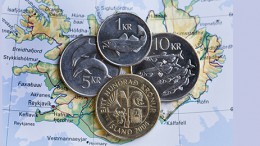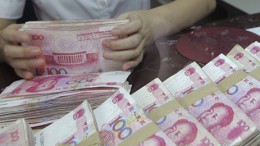Iceland banking collapse: 6 yrs later, gov starving Special Prosecutor of funds
LONDON | By Sigrún Davíðsdóttir at Icelog| After the Iceland banking collapse in October 2008, three things were set in motion by the government at the time (Independence Party, together with the Social Democrats): an investigation into the causes of the collapse, rewriting the constitution and an Office of a Special Prosecutor. The investigation was concluded with a report of 2400 pages published April 10 2010; so far, no country has done a comparable report on the financial crisis in 2008. Rewriting the constitution was not finished in the way intended due to a political backlash. The government now plans to review OSP’s role although the OSP was made a permanent serious fraud office in 2011 – and starve it of funds while the review is ongoing.





